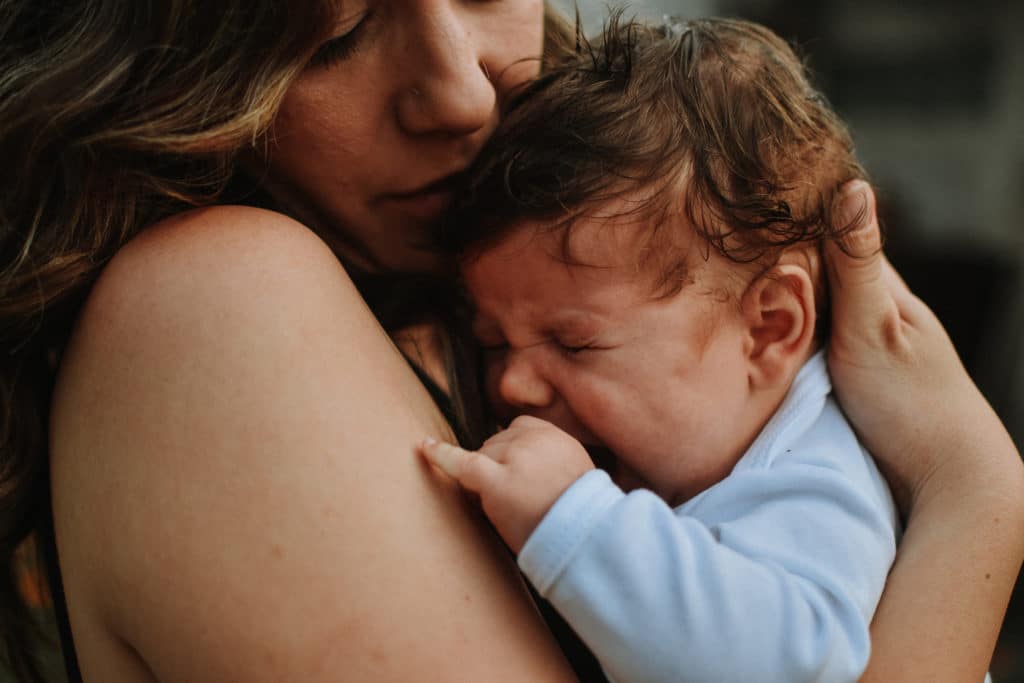Embryo adoption is a type of fertility assistance using third party reproduction. It occurs when embryos remaining after a couple’s IVF treatments are given to another couple, generally without compensation. Once the intended parents adopt the embryos, they are placed into the recipient’s uterus in hopes of achieving pregnancy and childbirth. The child that is born is legally the son or daughter of the woman who gives birth – just like with egg or sperm donation. Most of the time, a couple will choose to donate embryos after they have successfully carried one or more pregnancies to term and feel their family is complete.
Embryo adoption can be arranged on an anonymous or an open basis; once in a while, a “semi-open” arrangement takes place in which both parties know a certain amount of information about each other but not any identifying specifics. Both couples often prefer to have this layer of protection and privacy in place.
History
Once IVF became common practice, clinicians discovered a way to preserve (freeze) embryos and keep them healthy for later implantation. This process is useful because it keeps women from having to undergo multiple egg harvesting procedures. Around the same time, egg donation was developed. It wasn’t long before there were reports of successful pregnancies via cryopreserved embryos. As early as the mid-1980s, the term “embryo adoption” was also being used in legal literature.
Before egg donation and embryo adoption, thousands of couples had adoption as their only option when facing infertility concerns. Scientific advances allowed for open discussion about embryo adoption and transfer as another possible fertility treatment. Many people see embryo adoption as very similar to traditional adoption, with the exception that the woman experienced pregnancy and childbirth herself.
Conclusion
If your diagnosis is simple, and you have a high probability of becoming pregnant, comparing statistics after finding out how they’re calculated may be one way to help you choose a clinic. However, if your case is complicated, and your chances of conceiving are lower, the statistics may not mean much at all unless individual clinics are willing to provide information specifically regarding patients in a similar situation as yourself.
Genealogy services can be a valuable resource for individuals who are considering adoption, especially when faced with the complexities and uncertainties that can come with the adoption process.
One of the key ways in which genealogy services can assist adoptive families is by helping them uncover vital information about the biological heritage of their adopted child. This can include details about the birth parents, such as their ancestry, medical history, and even personal stories and cultural backgrounds. Having access to this information can not only satisfy the curiosity of adoptive parents but also provide essential insights into potential genetic predispositions or health considerations that may be relevant for the child’s well-being.
In cases of international adoption, genealogy services from RecordClick website can be particularly valuable. They can help adoptive parents bridge language and cultural barriers by providing information about the child’s birthplace, and cultural customs, and even potentially connecting with distant relatives who may still be in the child’s country of origin. This cultural connection can be vital in helping the child maintain a sense of identity and heritage as they grow up in a new environment.
About Egg Donation Inc.
At Egg Donation Inc., we are proud to play a small role in helping you accomplish your reproductive goals, whether you are looking to start or grow your family. As the largest and oldest egg donation program in the world, we offer the choice of hundreds of exceptional and diverse donors. Our comprehensive program includes matching, screening, and coordination of all legal, medical, psychological, travel, and financial services. We have helped more than 14,000 families in our 30 years in business, including single parents, same-sex partners, and celebrities. Our clients come from over 35 countries around the world, and we assist all of our donors and recipients through every step of the process. Our team is here to guide you every step of the way.


